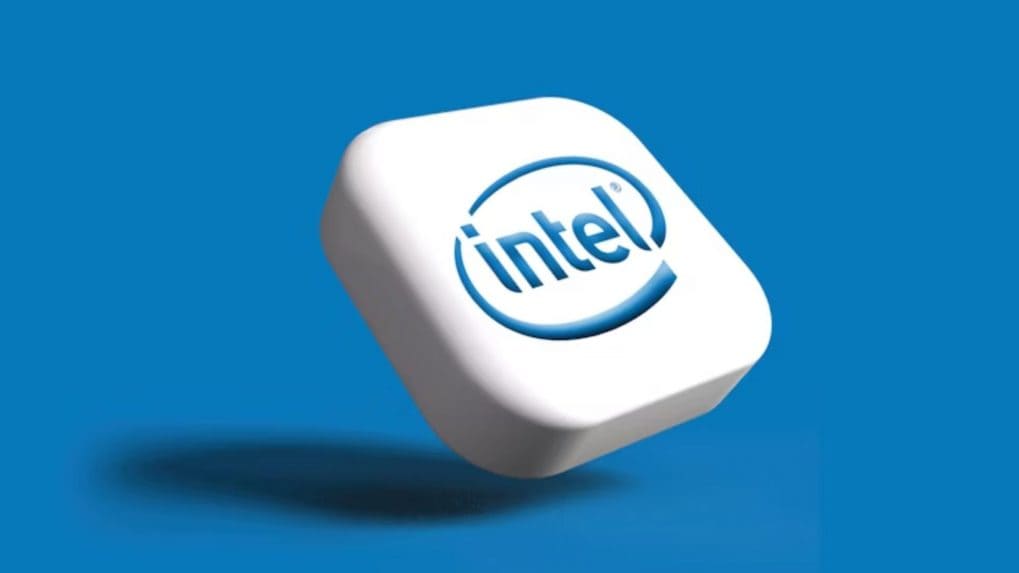How it Works
WPP, Havas, Omnicom: Are advertising’s biggest holdcos recasting agencies as AI Operating Systems?

Intel is preparing to eliminate more than 25,000 jobs by the end of 2025 in one of the most dramatic corporate overhauls in its history, as it grapples with ongoing losses, missed opportunities in AI, and bloated infrastructure.
According to a New York Times report, Intel plans to shrink its workforce to around 75,000 employees by the end of next year, down from 108,900 at the close of 2024.
Also Read: Intel appoints Lip-Bu Tan as its new CEO
The reduction will be achieved through a combination of layoffs, attrition, and internal restructuring. This follows an earlier cut of roughly 15,000 roles since April this year - adding to another 15,000 positions slashed in 2024.
The company confirmed the layoff plans in its Q2 2025 financial results, the report added. Intel posted a net loss of $2.9 billion in the quarter, driven in part by restructuring charges. Revenue remained flat at $12.9 billion but surpassed market expectations.
In a letter to employees, newly appointed CEO Lip-Bu Tan acknowledged the tough path ahead. "We are making hard but necessary decisions to streamline the organisation, drive greater efficiency and increase accountability at every level of the company,” he said, the report added. Tan, a venture capitalist and former Intel board member, took the reins in 2025, succeeding Patrick Gelsinger.
As part of the reset, Intel has also halted plans for new chip factories in Germany and Poland, slowed construction at its Ohio site, and begun consolidating operations in Costa Rica, shifting some functions to Vietnam and Malaysia.
Intel's struggled have deepened over the past decade as the company fell behind rivals like Nvidia and TSMC, the report added. It missed the smartphone boom and is now lagging in the lucrative AI chip race. Its much-hyped 18A process - once touted as a rival to TSMC's most advanced chips - is no longer a centerpiece of company messaging, with executives tempering expectations.
Tan said Intel will now take a more measured approach to expansion, revealing that it will not build new factories without firm customer orders, the report added.
From purpose-driven work and narrative-rich brand films to AI-enabled ideas and creator-led collaborations, the awards reflect the full spectrum of modern creativity.
Read MorePraveen Someshwar, Managing Director and CEO of Diageo India, joins the Grand Jury of the Storyboard18 Awards for Creativity, highlighting the awards’ focus on work that blends cultural relevance with strategic and commercial impact.